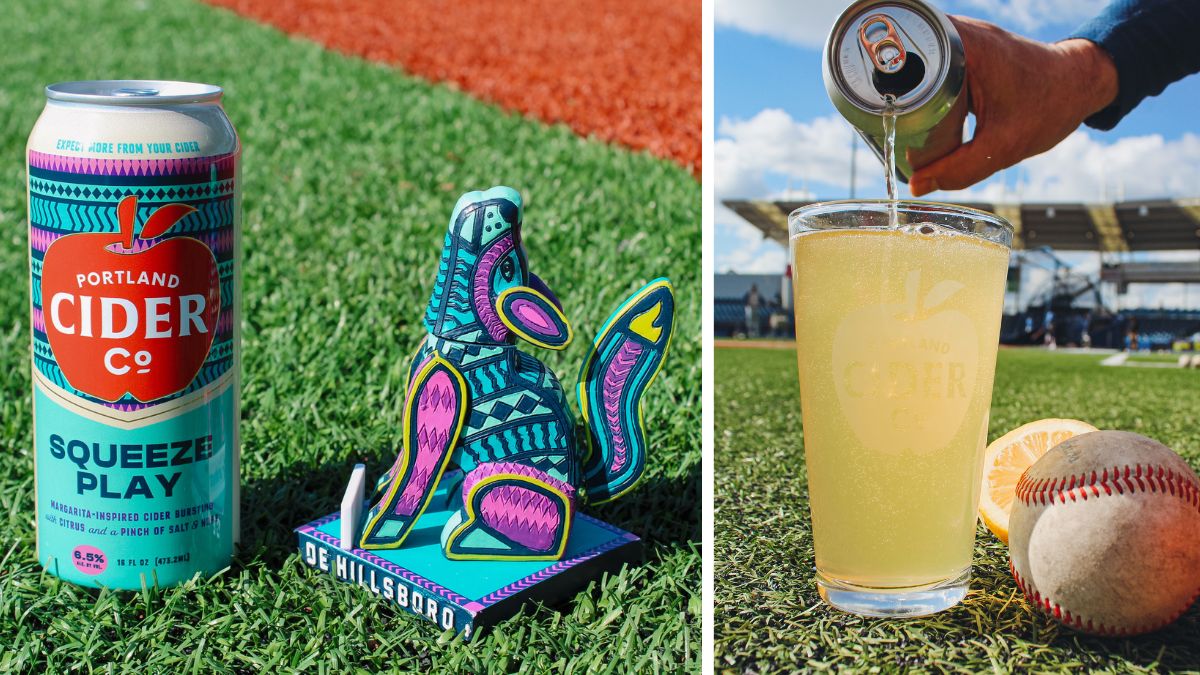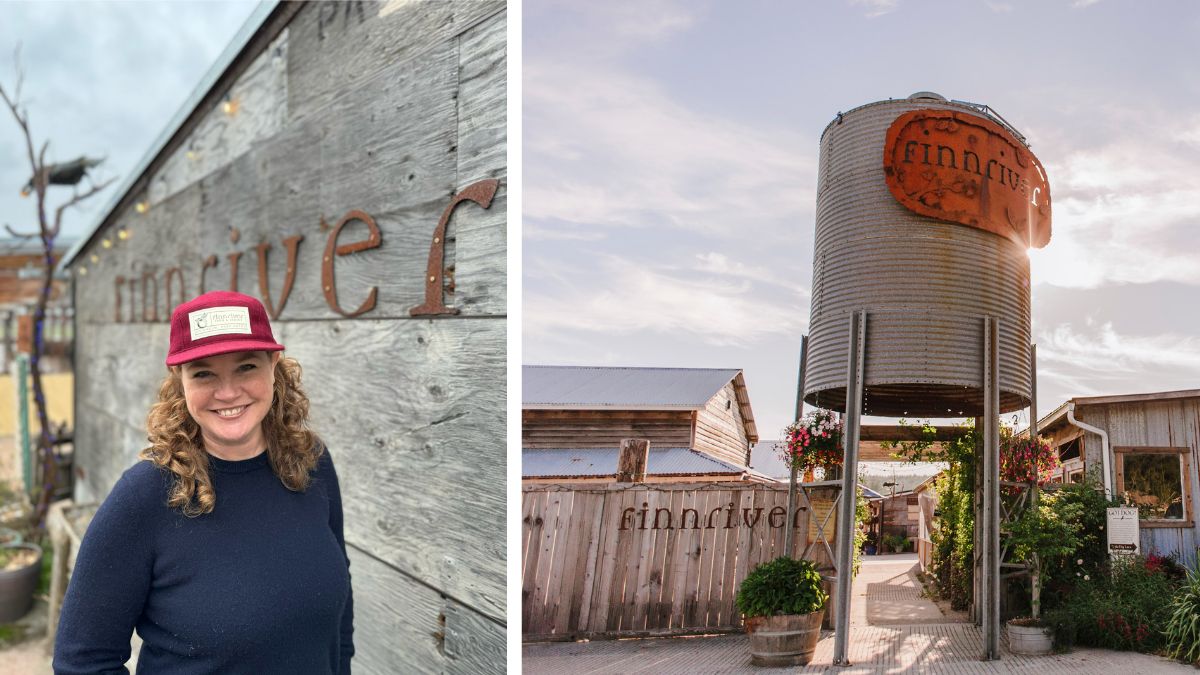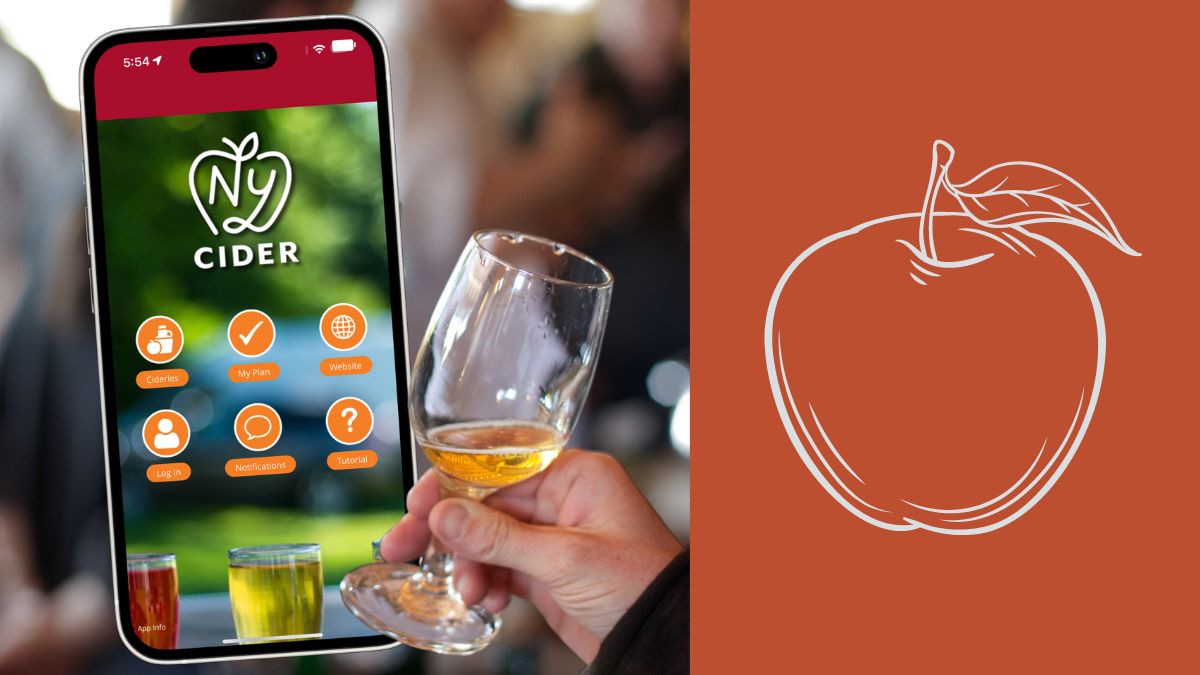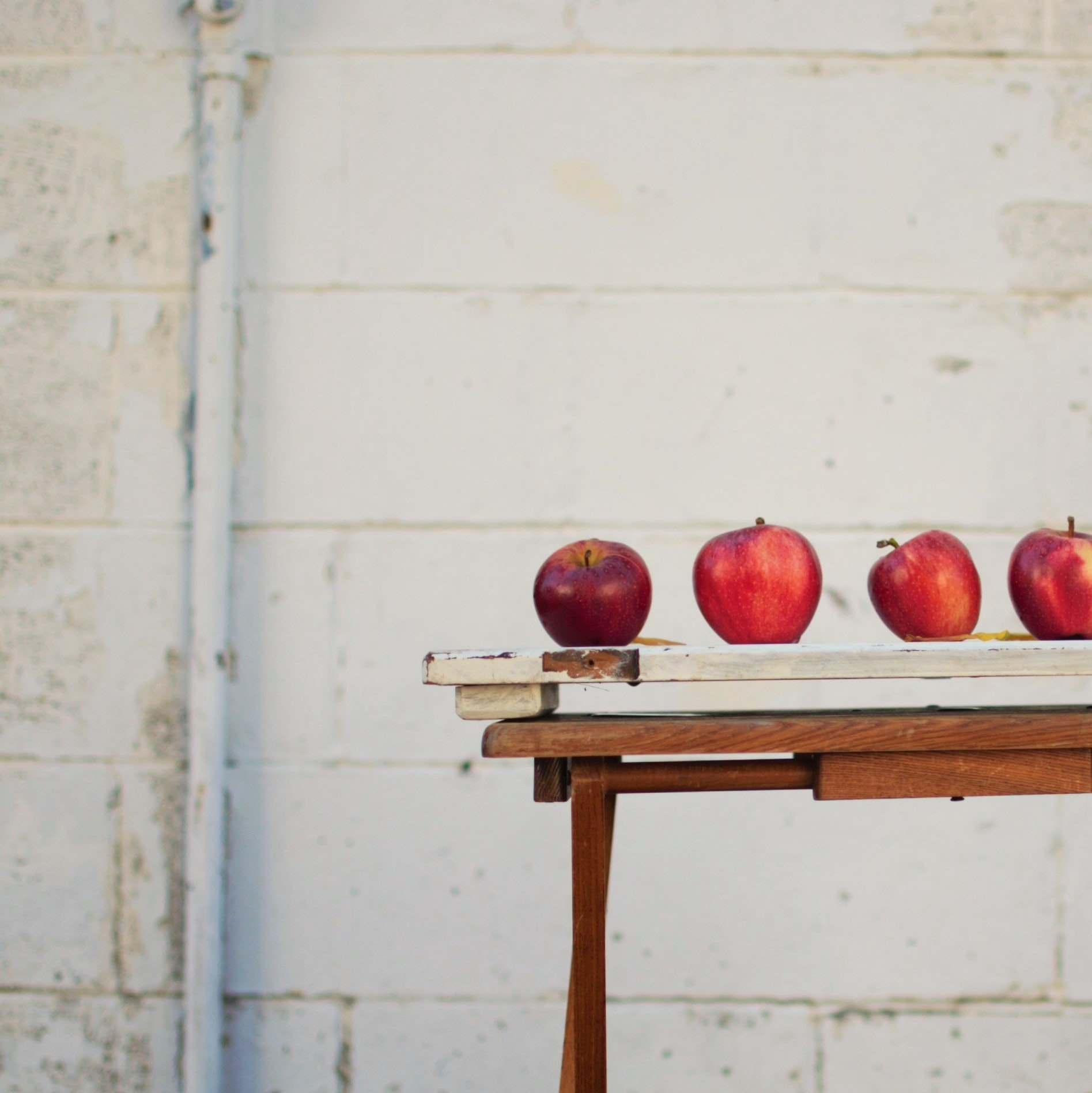With every new year comes new ideas, new resolutions and new goals. For cidermakers, I’m sure that also includes new ciders to produce, and possibly new apple varieties to try. Each month in “InCider Insights,” I put forward one question to three cidermakers so we can all compare the similarities and differences between artists of the same craft. This month’s question speaks to the possibilities that come with each new year.
Is there an apple variety that you haven’t used, but would like to? Why, or why not?
Trevor Zebulon, Co-Founder and Cider Maker
Goat Rock Cider Company (Petaluma, Calif.)
Making cider in Sonoma County means using dessert apples (and the local Gravenstein), so I’ve never understood what the “cider specific” apple debates were about or why it mattered. Gravensteins can make great cider, full of spice and floral notes so I sort of dismissed the whole notion of apple variety being relatively meaningless.
That idea was pressed flat last month when I got a call from two different heritage orchards in Mendocino asking if I wanted to use their fruit. When the juice from Oz Farm was pressed, I was honestly stunned, and I think there’s a hole in the floor at the cidery where my jaw dropped after tasting the juice from a blend of 40 cider-specific apples. It was immediately clear that there was nothing to debate about; the spiciness, the earthy tannins, the acids, and ohhh the delicious flavors! This collaboration cider is almost done fermenting and is one of the best things I’ve had the privilege to taste, much less make.
I’m also fermenting a tank of Wickson Crabs from biodynamic certified Filigreen Farms and it is nothing short of cosmic. I look forward to working more closely with both orchards in the future and sharing true heritage ciders with the community!
Mika Wallenius, Cider Maker
Shiwa Cidery (Iwate Prefecture, Japan)
Making cider in Japan means working primarily with table apples. I’ve been really happy with the quality of the fruit we use, but there isn’t a huge difference from varietal to varietal. Occasionally, though, something does stand out.
When the cidery was still only an idea on paper, I found a tiny deep red apple at one of the local farmers markets. Its name was Arupusu Otome, or “Alps Maiden.” Next to the larger table apples, the Alps Maiden immediately caught my attention. I knew it was an apple I wanted to make cider with.
To date, I’ve yet to work with Alps Maiden. It’s produced on a very small scale in Iwate Prefecture, and our standard suppliers simply don’t grow it.
As a young cidery, each season brings new and fun opportunities. I wouldn’t be surprised to find myself with a tank of Alps Maiden fermenting in a pressing season soon to come.
Lief Stevens, Cider Maker and Founder
Noble Cider (Asheville, N.C.)
Dabinett. Until recently there was quite a long list of apples I didn’t have access to but wanted to make cider with. Fortunately, four years ago in partnership with Lewis Creek Farms, we planted our own cider orchard. The orchard has a wide range of American heirloom, and French and English apple varieties.
Unfortunately this season, due to a late freeze, local orchards lost 85% of their apple crop. One apple we are growing but didn’t get to harvest is Dabinett. This, along with Kingston Black, is one of the most well known British cider varietals. It is a bittersweet apple with good sugar and tannin content.
Hopefully next season, we will have a good harvest of Dabinett and other English cider apples. If so, we will release a British blend as part of our new Orchard Reserve series. This year we released ciders made from American and French apples from the new orchard.
Lee Reeve is the owner-operator of inCiderJapan G.K. (www.inciderjapan.com), an importer/distributor, retailer, and producer of cider and cider-related goods. He is also the publisher of inCiderJapan, Asia’s first and only bilingual magazine dedicated to all things cider.
Lee Reeve can be reached at [email protected].






